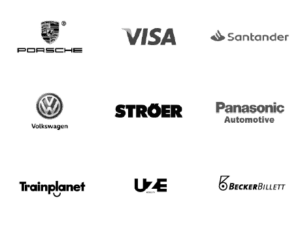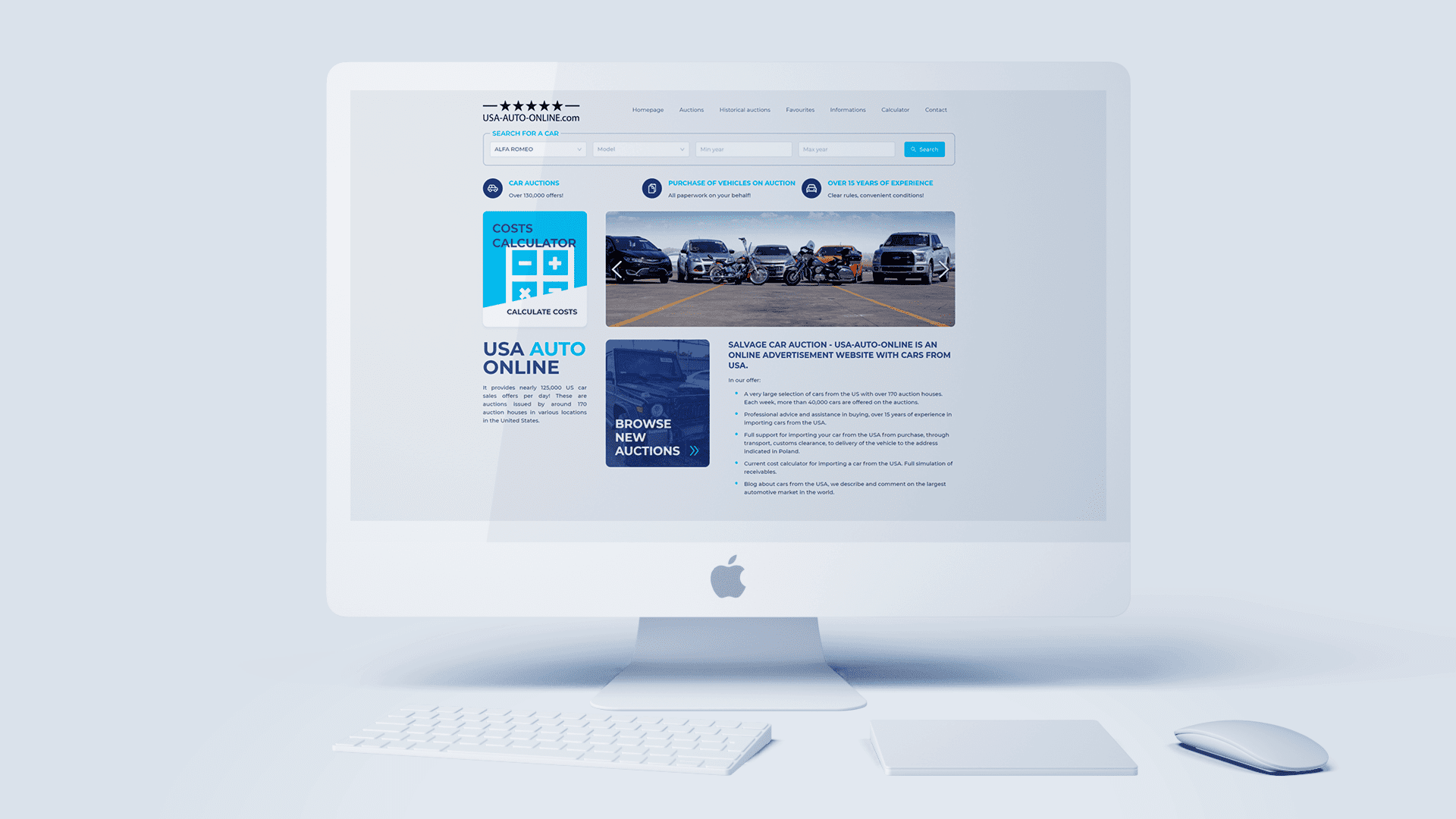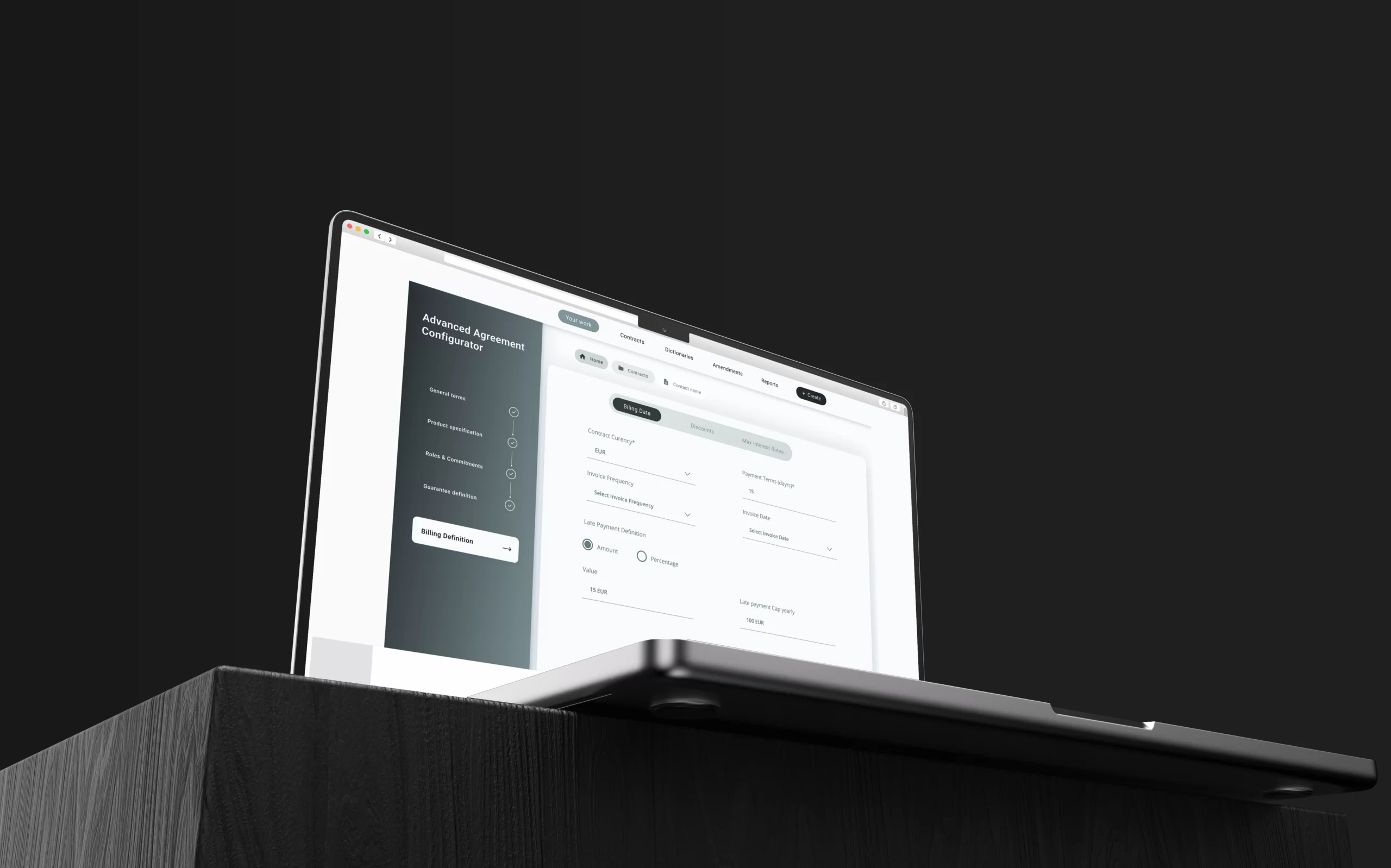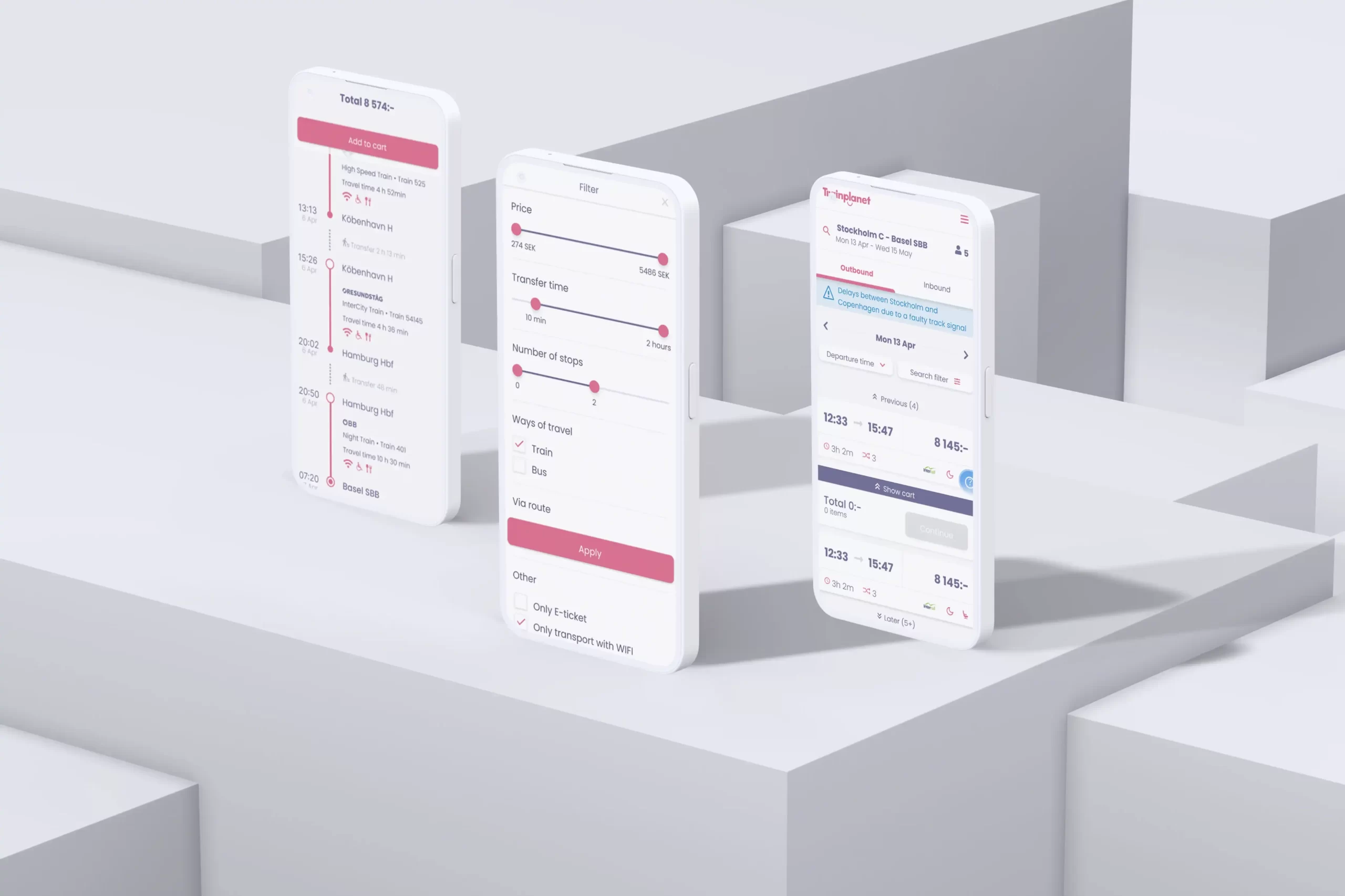Home / Case studies / How Blockchain Improved Supplier Management in Logistics
How Blockchain Improved Supplier Management in Logistics

01.
Project summary
Our client needed to address challenges in managing supplier relationships within their platform. The main issue they faced was the resource-intensive process of handling documentation. This would often lead to increased administrative workloads and delays.
The company aimed to improve operational efficiency and reduce costs. And, at the same time, position itself as a global freight exchange, offering a unified platform for forwarders and customers.
We helpped our client to develop a blockchain freight exchange platform.
The goal was to create a secure, transparent, and efficient system to manage freight operations. With the added challenge of reducing administrative tasks and improving overall efficiency.
Client
Industry
Services
Technologies
- Blockchain, Express.js, Node.js, React, Redux
02.
Developing a blockchain platform to keep all supplier relationships in a single location
To develop the solution, we worked closely with the client’s internal team to deliver a blockchain solution. Our collaboration included offering key advice and solutions in the following areas:
- Blockchain: based on the client’s requirements, we delivered a freight exchange platform. It enables efficient management of all supplier relationships in a single location. This helps businesses save time and reduce costs while improving service to their clients.
- Implementation of the Blockchain Network: we took responsibility for implementing the network. This meant ensuring that all components functioned correctly and efficiently.
- Security: using our experience, we secured the platform’s infrastructure. This protected it from potential threats and vulnerabilities.
03.
Implementing competitive auctions & crowd-sourced ratings to improve services
The platform was designed to help the company scale its services. This supports its goal of expanding the freight exchange while improving service and user value.
Blockchain technology was central to creating a secure environment for transactions. This helped to reduce risks and build trust. We implemented a real-time freight exchange and auction system. This allowed for dynamic pricing, offering forwarders and carriers more flexibility in choice.
The platform also provided a centralized system for managing supplier relationships. It included tools to help improve dispatcher productivity. It also allows freight companies to increase profitability in existing markets. While letting them expand & explore new revenue opportunities.
Key features of the platform include:
- Blockchain-Integrated security: companies can independently control and manage their data.
- Reduced administrative workload: crowd verification cuts administrative costs.
- Real-time freight exchange: allows customers immediate access to available transport services. Clients can book freight services efficiently and quickly.
- Auction system for orders: enables carriers and customers to engage in a competitive bidding process. In short, it allows for fair pricing and better choices.
- A full rating system: uses a crowd-sourced rating system to evaluate service providers. Both carriers & forwarders can be confident in the quality and reliability of services.

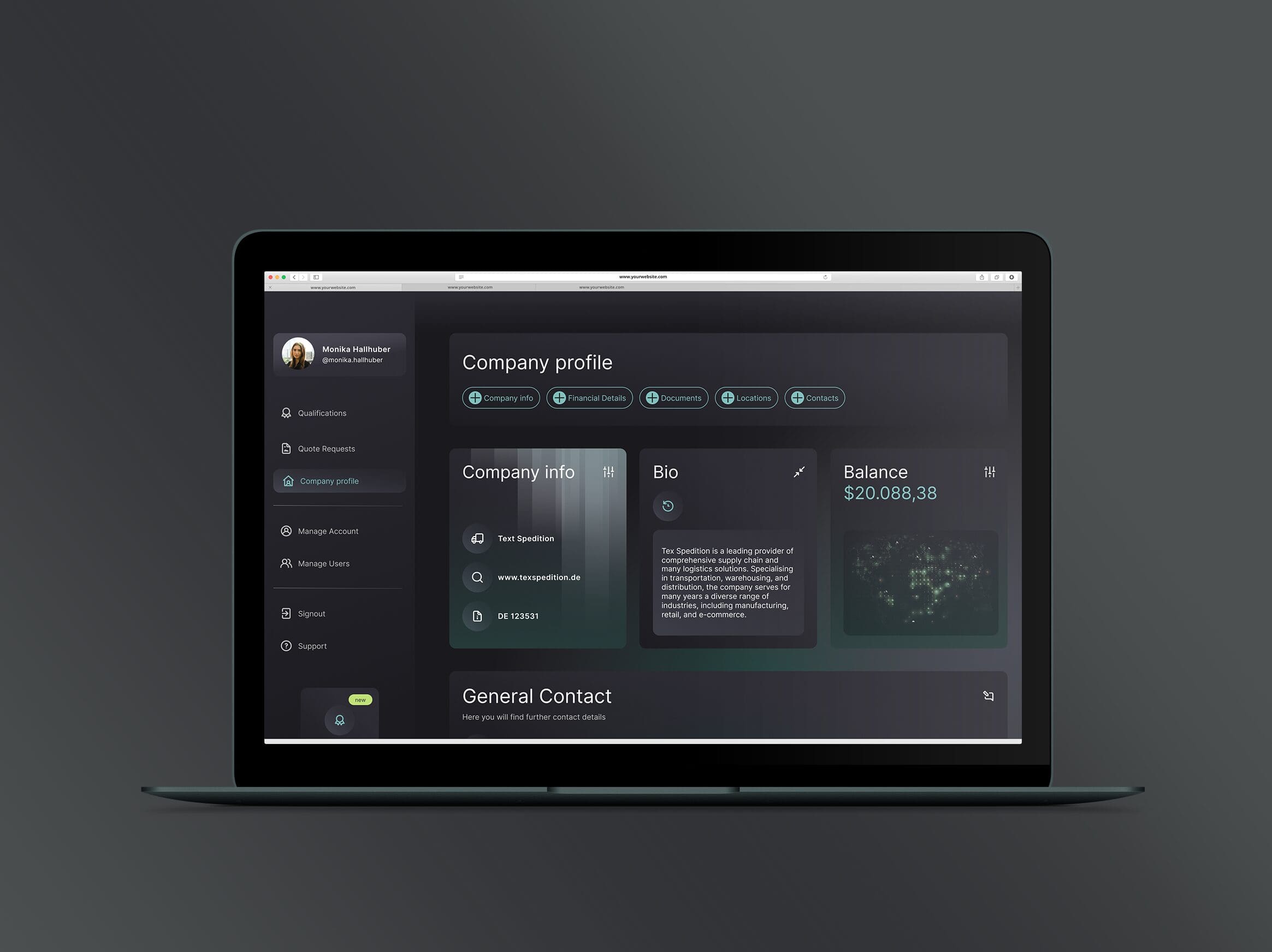
04.
A complete blockchain freight exchange
The blockchain platform delivered on the client’s goal to expand their freight exchange service. It provides a secure, transparent, and efficient way to manage freight operations. It allowed forwarders to manage supplier relationships in one place, reducing costs and improving service. While carriers benefited from tools that boosted productivity and opened up new revenue streams.
By focusing on transparency and trust, the platform addressed key challenges in logistics. For companies looking to improve operations and build trust across their supply chain, blockchain development services could be the key to unlocking similar solutions.
Read more
TREWOR: The AI Chat Assistant Simplifying Complex Documentation Across Industries
Say Hi to TREWOR, The AI Chat assistant for analyzing large documentation
Improved Cost Forecasting with a Custom Configurator for a 300-Strong Sales Team
See how we developed an Advanced Agreement Configurator for cost forecasting and contract management in manufacturing.
TREWOR: The AI Chat Assistant Simplifying Complex Documentation Across Industries
Say Hi to TREWOR, The AI Chat assistant for analyzing large documentation
Improved Cost Forecasting with a Custom Configurator for a 300-Strong Sales Team
See how we developed an Advanced Agreement Configurator for cost forecasting and contract management in manufacturing.
Work with us
Trusted by
